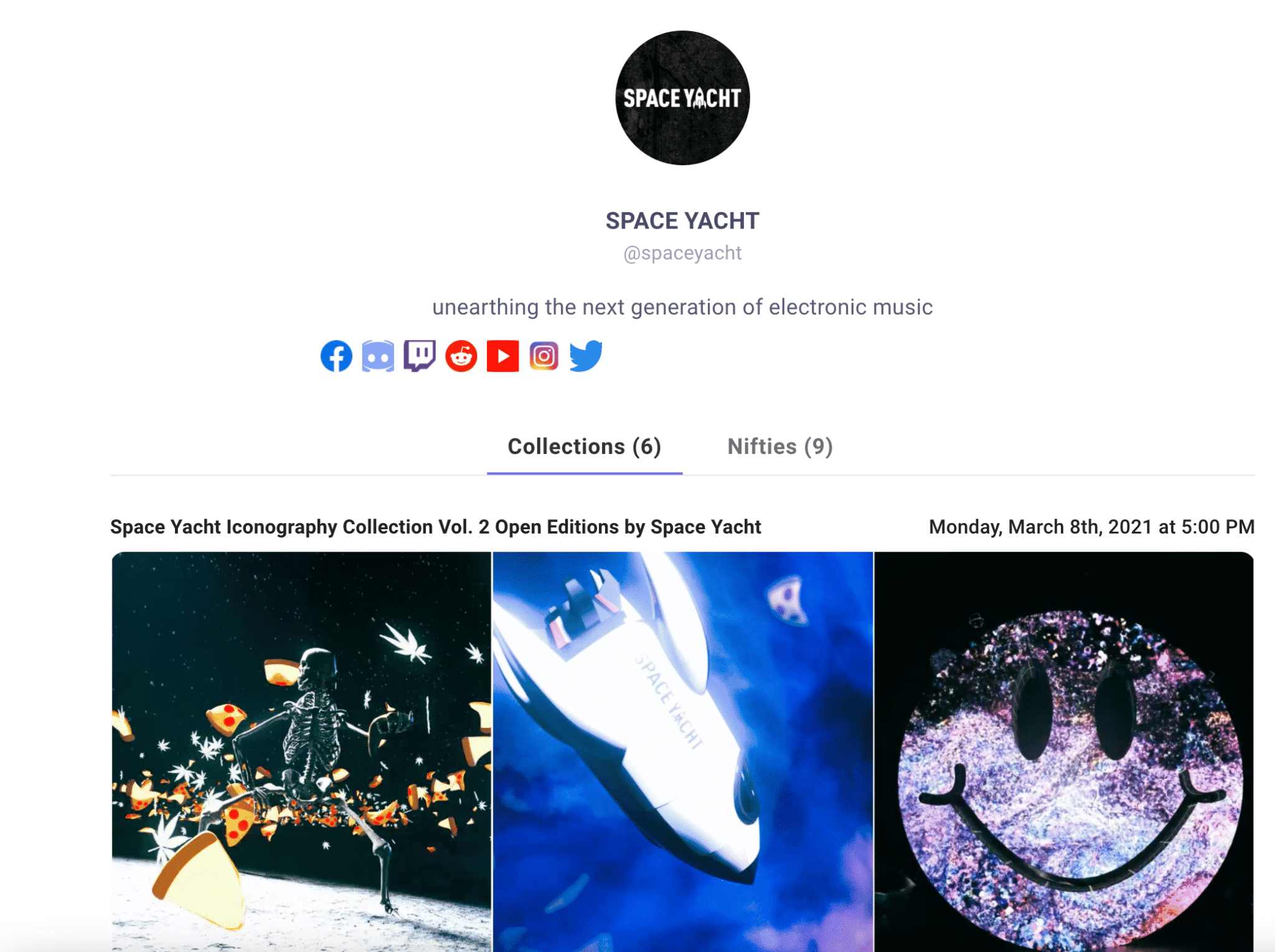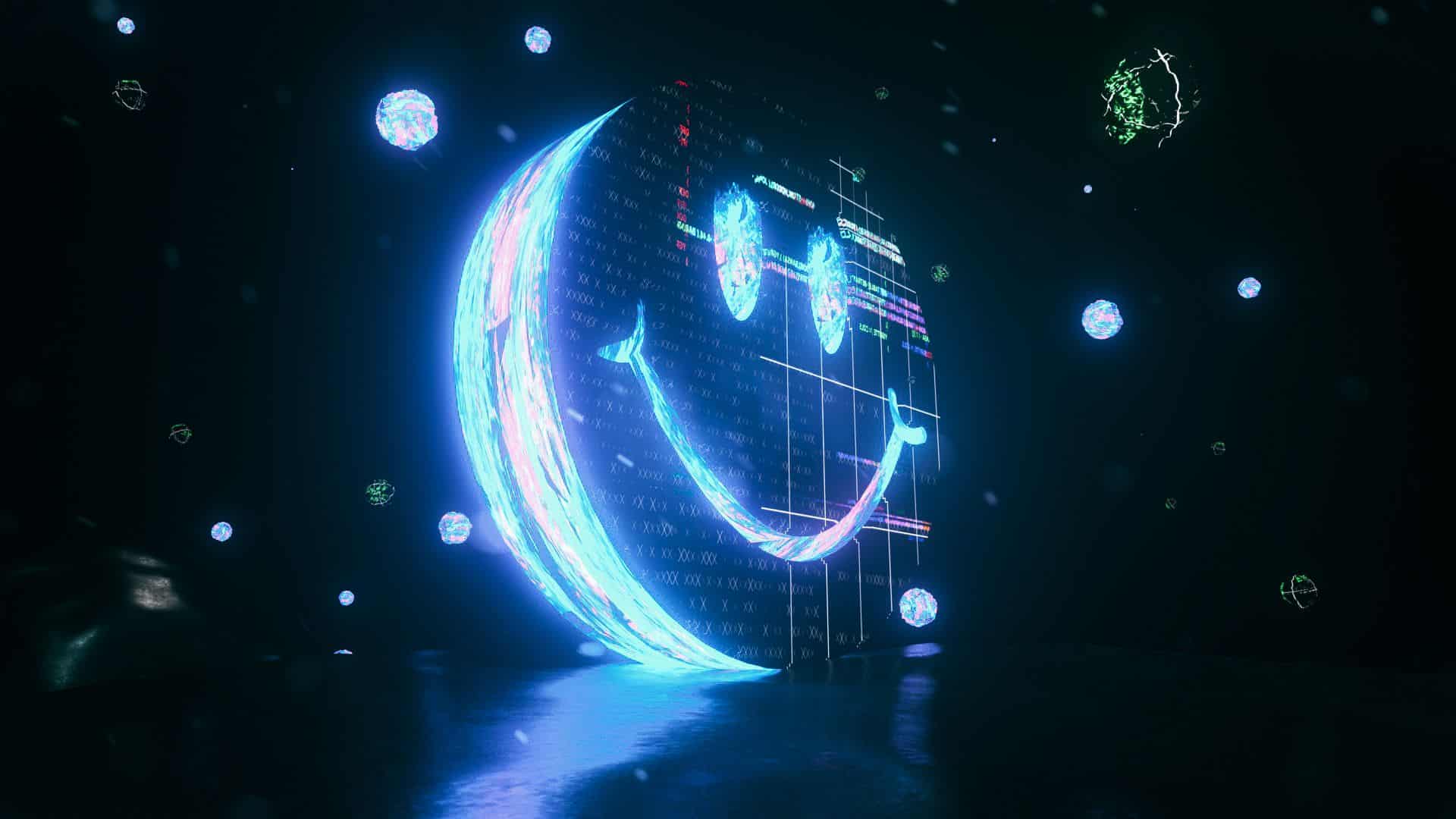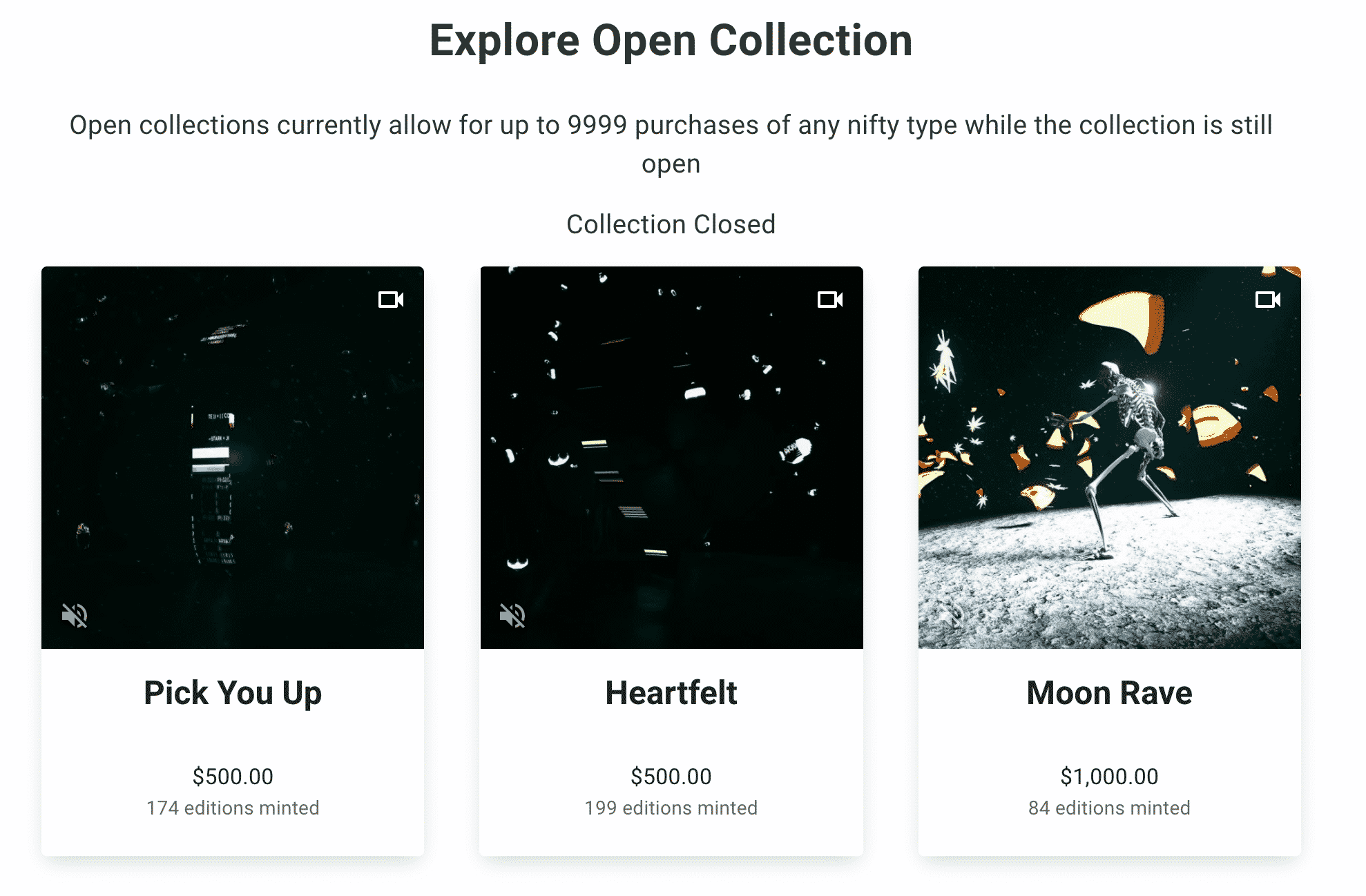Space Yacht started as a small back-alley industry party behind a Los Angeles speakeasy in 2015. It has since blossomed into a renowned tastemaker for the electronic music industry, hosting weekly residencies and events worldwide with over 150 shows per year.
Space Yacht’s Founders, Rami Perlman and Henry Lu, who met at one of the early parties, embraced the concept of NFTs and digital art primarily as a reaction to the 2020 freeze of the events industry due to the pandemic. As the first music brand on Nifty Gateway, Space Yacht is regarded as an early data point for the successful use of NFTs as a bridge between brands and their loyal audiences.
Space Yacht’s most recent NFT drop sold 579 units, generating $482,000 in sales for the brand. The 1/1 “Iconography Collection Volume II” NFT sold for $12,600, an was Nifty Gateway’s top sale.
The following article is a guest post by Space Yacht Founder Rami Perlman (also known as LondonBridge), Co-Founder of Space Yacht, an electronic music talent collective with one of the fastest-selling NFTs on Nifty Gateway with over 230 pieces sold in 2 mins 28 seconds.
Electronic Music + Blockchain: 

NFTs have stormed our cultural & technological landscape with unprecedented force and momentum. Many in the music industry are just catching up on the technology, but the fact is we should have seen this wave coming.
All the signs were there.

Space Yacht on Nifty Gateway
You had mega influencers like Mark Cuban preaching the NFT gospel on Twitter. Crypto legends like the Winklevoss Twins purchased what is now the most influential NFT platform in the space in Nifty Gateway. And the ever emphatic Gary Vee yelling “NFT!” at the top of his lungs ad nauseam for weeks on end in packed Clubhouse rooms.
Then came 3lau.
His historic sale of the first NFT album generating upwards of 11 million dollars got the entire music industry’s attention.
Overnight, every musician, producer, DJ, and band wanted to make their own NFT and cash in. I had a number of calls with frantic music managers who told me their jobs were on the line if they couldn’t figure out how to drop an NFT and drop one now!
But the truth of the matter is that there was, and is no need to rush or panic. NFT and blockchain technology are here to stay and their function and impact on the music industry will be profound.
Record companies will turn into NFT companies.
Music streaming services will function as mere marketing tools to promote the label’s NFT catalogs consisting of new releases and reissues of classic albums.
Royalty distributions will be baked into smart contracts, destroying the necessity for PROs like BMI or ASCAP.
The entire paradigm will flip on its head due to the fact that NFTs monetize better than any streaming platform in existence. Period. It’s not even close.

A still of one of the Space Yacht NFT
I was fortunate enough to get into the NFT space early through my brand Space Yacht at the beginning of 2020. As creatives, we were drawn to NFTs as a new medium through which we could express the attitude and sound of our brand.
After three successful drops on Nifty Gateway and the launch of our own NFT creative agency, we’ve learned a lot about both the creation of NFTs and the mentality of the NFT collector.
I wanted to share six pieces of advice that apply to creators, managers, or anyone else who is trying to get into the NFT space.
Looking to Get into NFTs? Read This. 6 Tips for NFT Creators
I’m not going to include “take a deep breath and chill” as part of this advice, but you should.
1. Think long term:
You have to think about NFTs as you would a new social media platform.
Create a long-term strategy and think about NFTs as yet another format through which you can engage with your fans and tell stories. Think content first, money second.
2. Onboard your fans:
The key of your first drop should be all about getting your fans to create an account or wallet on whichever platform you are using for drops.
Try dropping a low-cost NFT to start or even add a physical item to grab those fans who are scared of crypto.
Use a platform that takes credit cards so that non-crypto heads can participate.
3. Program the behavior:
Many creator fan bases don’t necessarily have a culture of collecting. Fans may buy your merch, but collecting is a different beast.
You have to start talking about the idea of collecting and stoke the flames to get your fanbase to start doing this behavior organically. Start with limited-edition drops that are hard to get in an effort to stoke the FOMO which will drive your fans to get into the game.

Space Yacht’s recent collection
4. Don’t phone it in:
Don’t just make an NFT to make one.
Your goal is to create NFTs that are an extension of your brand. Just like making a great record, you have to create work that emotionally connects with your fans and is authentic to your brand.
Simply put…MAKE GREAT SHIT!
5. You still have to market & promote:
It’s easy to get swept up into the stories about music artists making millions from their NFT drops. But most of those people already had huge fan bases AND the backing of major platforms like Nifty and Super Rare.
This isn’t the case for most creators. It’s important to understand that just because you made an NFT, it doesn’t mean that money will magically fall from the sky. You still have to market and promote.
6. Manage your expectations:
If you create NFTs that are authentic to your brand, you will be best positioned to reap the rewards. Don’t be discouraged if your first drop doesn’t do a million in revenue.
As with all creative endeavors, have fun with it and take pride in the fact that you are an early adopter and pioneer in a space that is still in its infancy. If you happen to make some money from it, then that’s just icing on the cake.
Final Thoughts
NFTs provide a potential solution to fix the very broken music industry model. As is common with the disintermediation ethos of cryptocurrency; the blockchain allows brands to directly connect with their fans, rather than the relationship being intermediated by a bloated array of record labels.
While electronic music brands like Space Yacht and 3lau have had great success with NFTs, their success is not a walk in the park.
Many of today’s home run NFT successes were the results of months or years of research and preparation, much of which was conducted with minimal to zero market attention.
The metaphoric dance floor of NFT creators is becoming increasingly more crowded; however, it’s yet to be determined how large the dance floor actually is. Creators like Rami Perlman see NFTs as being in their very early stages, with plenty of open landscape ripe for the taking.
Ultimately, meaningful success with an NFT or any commercial venture is usually the product of a strong relationship with fans that genuinely appreciate a brand’s craft.
Thank you Rami for sharing your tips for NFT creators!
The post Space Yacht Founder LondonBridge: 6 Tips for NFT Creators appeared first on CoinCentral.




















